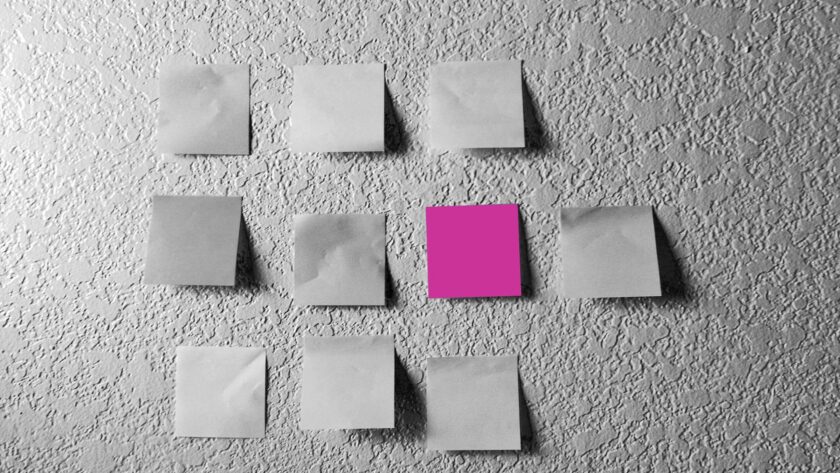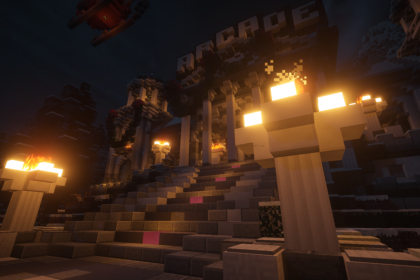Project and data management was a good module for me as I tend to not be very business focused or good at making comprehensive plans. This is probably normal when you work by yourself a lot as historians have often done. Our readings this week talked about how to think about planning and collaboration in digital history projects.
Most likely, any digital history project will require several collaborators with different skills such as research, writing, web design, data management, statistics, etc. All of these tasks need to be managed to make sure they are all getting done within the scope and funds of the project. There are tools to help with project management that are easy to use such as Basecamp and Trello. It is really useful to get to know these programs for future projects.
A digital historian working without collaboration will need to learn the digital tools needed to fulfill the research goal. This requires a digital historian to not just be a historian but a historian with technical knowledge. Even a pure historian in a collaboration would greatly benefit from some technical knowledge in order to understand what others in the team are doing and how that affects the outcome of the project. To be able to communicate in a digital project, team members should have a basic knowledge of how certain digital tools work because there can be a fundamental difference in thought between those who only know traditional research and cataloguing methods and those who understand how digital tools work differently.
In “A Hybrid Model for Managing DH Projects,” Edin Tabak talks about the usefulness of the incremental approach used by software developers, Agile, where milestones and deliverables are set in small stages, which allows for adaptation and fluid final outcomes due to the experimental nature of a project or changing goals. She argues that DH projects are experimental, usually without a defined outcome at the start, and therefore need to be able to adapt along the way.
Such an experimental nature of DH research makes modularity and incrementalism the main features of DH project management.
We also discussed and read about data sharing and the FAIR data sharing recommendations. While there can be reasons for withholding data, it is generally good to share data whenever possible. The ALLEA report outlined a clear process for data sharing that really starts at the very beginning of data collection and research. By thinking about sharing at the beginning you can make sure you use open source formats, add the correct metadata and rights information, and have your data structured and accessible in a way that ensures it will be usable by you and others in the future.
Recently I had an experience with a data sharing decision. A historic non-profit I work with has a diary from the 1800s that they have put a lot of work into digitizing and publishing. The diary contains lots of information about the names and lives of the Enslaved as well as weather reports, crops information, etc. They were recently asked to share their data with a county-wide effort to create an open source database and the director said no. They get no government funds and have trouble keeping the doors open so they won’t share data for free if they can get something in return to help maintain the current collections. You could argue that if they shared some data, that money would come back to them later in more exposure, donations, and other types of benefits. So, the data is available, it’s just not necessarily free and this is not entirely unusual as we talked about in class with some services and data being behind a paywall.





I’m not totally against data being behind a paywall. It’s a tricky conversation because, of course, no knowledge should be monetized and that is something I strongly believe in. However, when there are so many bad faith actors around you, it is hard not to repeat those same practices, especially as your own organization. This is a quandary that keeps me up at night though. We seem to get more entitled to free “information” as things are more digital, yet how are people compensated for the labor they put into organizing this important work? I could get stuck thinking about this forever…
May,
I agree that it is tricky because people do need to get paid for their work somehow. I remember reading a few years ago a study on the monetary compensation that sharing museum collections can bring in other ways like increased visitation, donations, etc. I have not been able to find it since and I am not sure if there are other studies like that.
If people could be persuaded that they will get a good return on sharing their data, they might be more willing to share at least parts of it for free. For my example above, if this organization does not participate in this county-wide database and it really becomes popular and is being used by people all over the world, this organization won’t be represented and won’t get the free advertising, new visitors, donations, and respect, they might get from participating. There is a probably a compromise people can make when deciding what, how much, and with whom, to share data for free at least until it can all be shared freely.
With all of the digital research that we conduct, we all have varying levels of experience. Which can later be helpful when working on collaborative projects. I can’t imagine having to work by myself on a large-scale project, do all the research, AND have to learn much more in-depth digital skills. It seems incredibly overwhelming and as a result, some parts of the project would end up neglected or not done as thoroughly as they should have been. That’s why I am glad that when working in groups, there is usually someone who can cover every role that is needed.